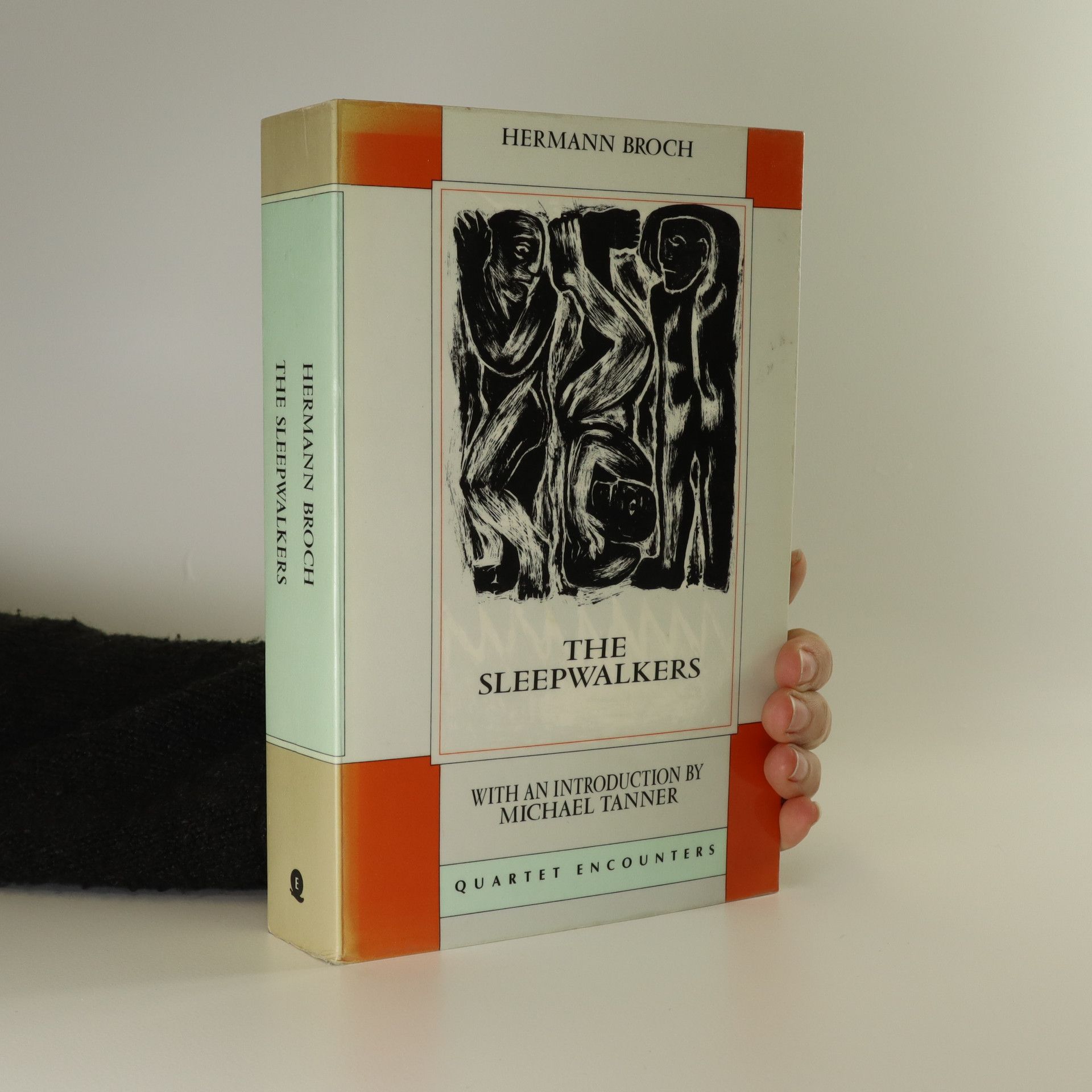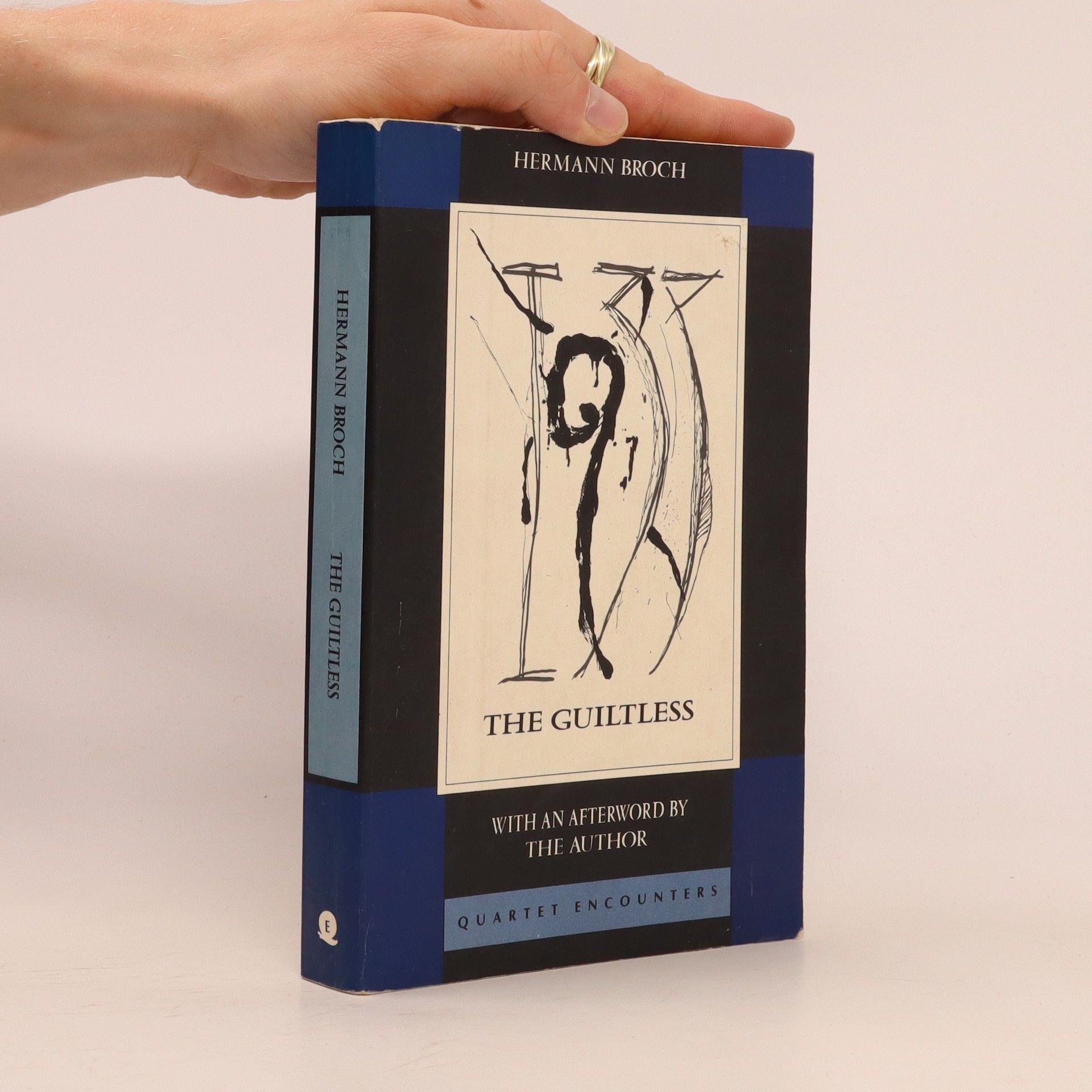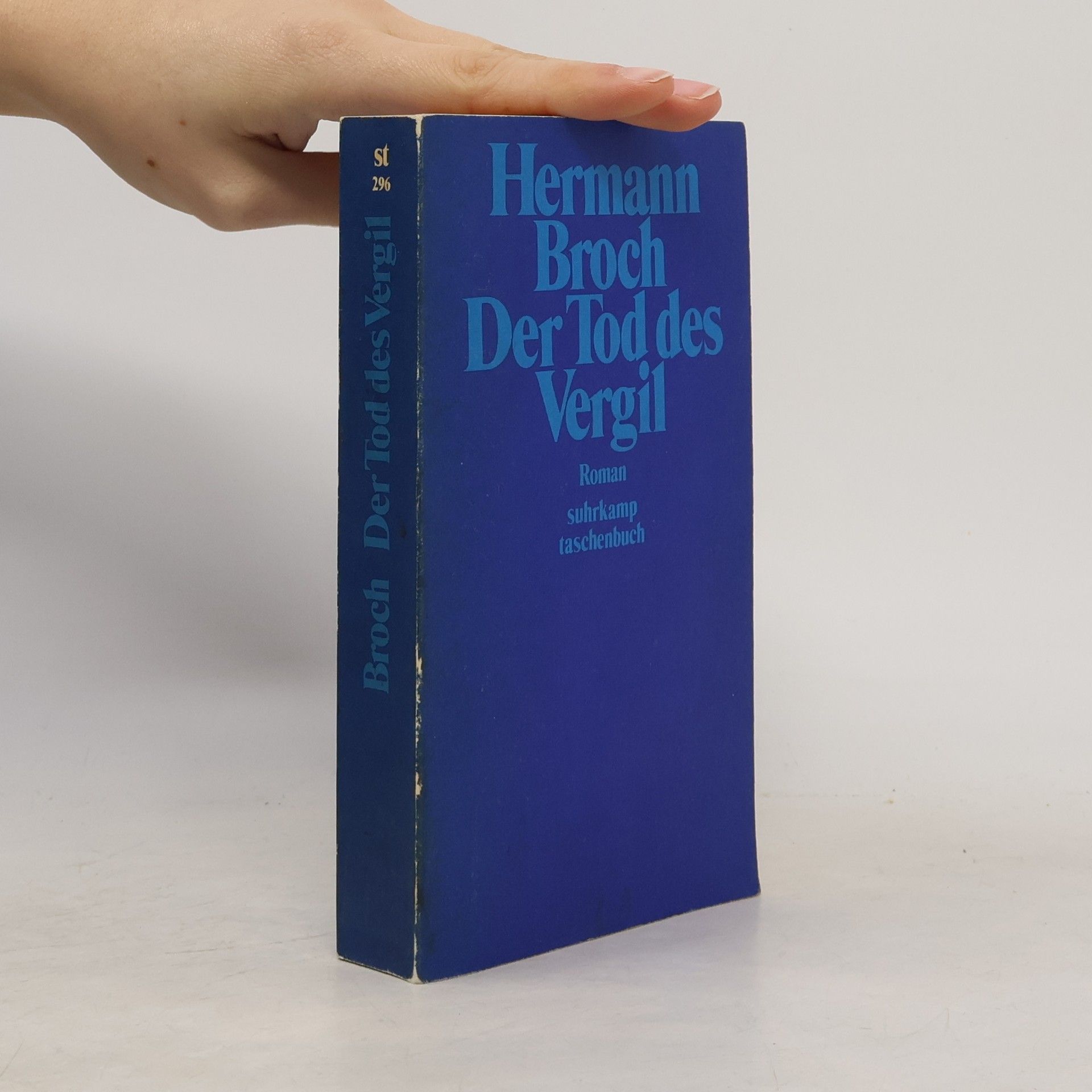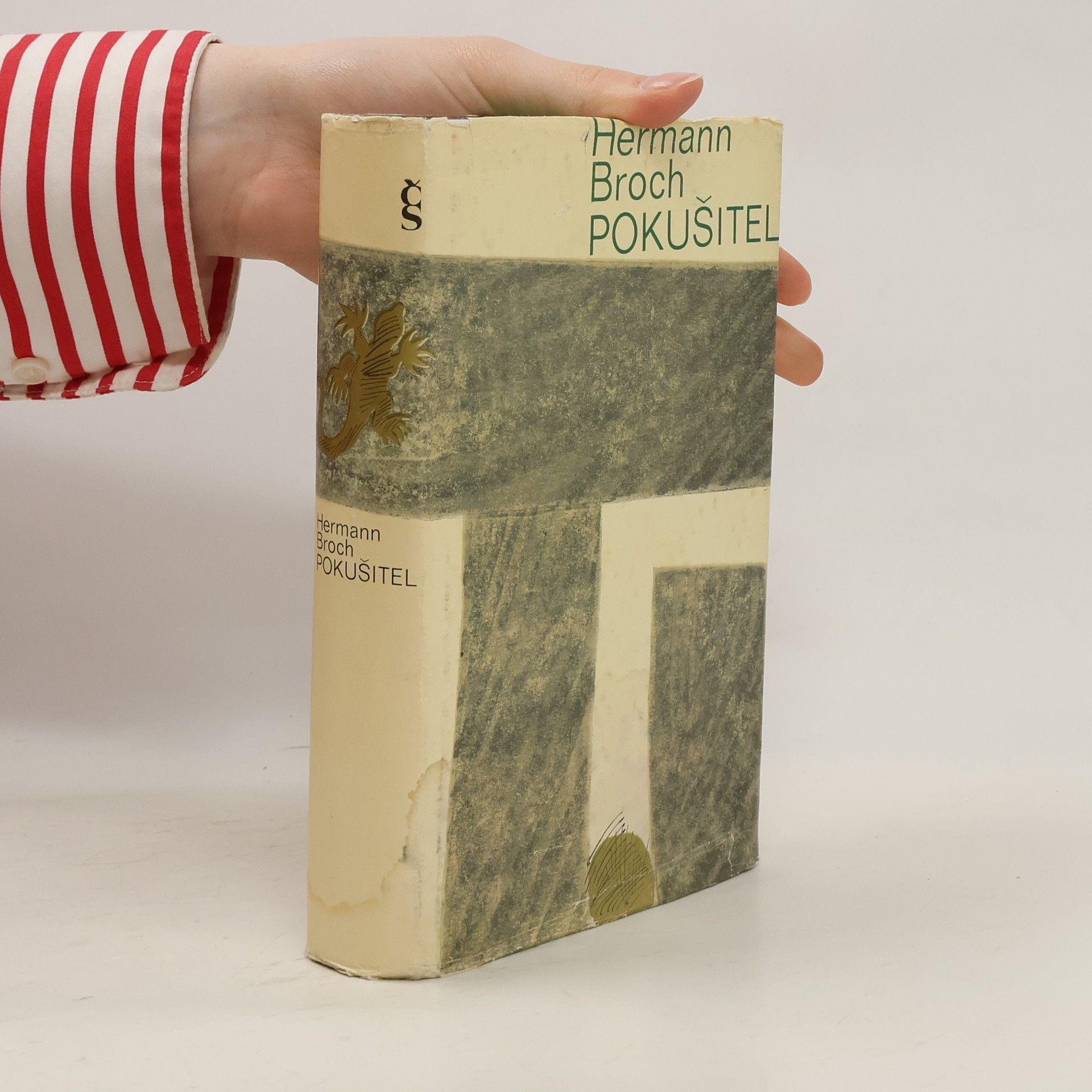Trilogía de Los sonámbulos
- 848 páginas
- 30 horas de lectura
La trilogía de Los sonámbulos, uno de los pilares de la literatura europea del siglo XX, descubre a tres seres arrojados al incandescente fragor de la historia, incautos defensores de unos valores ya caducos. Así, el personaje principal de Pasenow o el romanticismo es el arquetipo del hombre abúlico y soñador que busca en la carrera militar una falsa seguridad que le proteja del desorden del mundo. Esch o la anarquía narra la historia de un empleado de comercio dominado por la idea de emigrar a América, símbolo de libertad y redención. Finalmente, Huguenau o el realismo nos presenta la encarnación de la lógica y la moral propias del comerciante, por ellas convertido impunemente en desertor, arribista y asesino.









